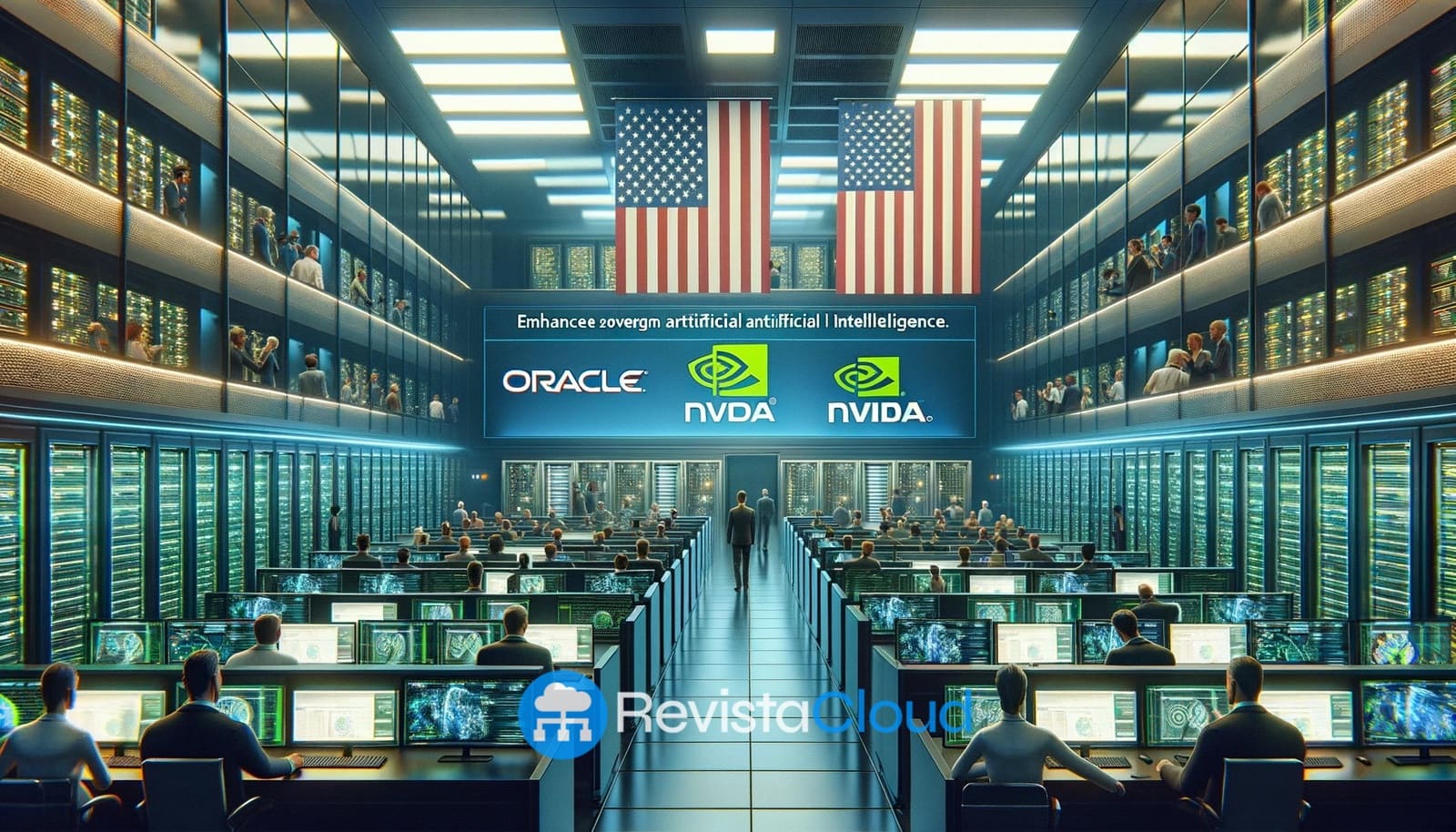On a day filled with significant announcements for the global tech industry, South Korea confirmed that Samsung and SK Hynix will be exempt from the new 100% tariffs on semiconductors proposed by former President Donald Trump. This follows the prior exclusion of giants like NVIDIA, Apple, and TSMC, and reinforces a trend: manufacturers investing heavily in the U.S. will bypass these punitive measures.
Symbolic tariffs for those investing in the U.S.
Early in the day, Trump announced plans for “100% sector-specific tariffs on imported chips,” aiming to boost technological self-sufficiency and reduce dependence on Asia. However, he quickly clarified that companies already building—or committed to building—chip factories in the U.S. would be exempt.
A few hours later, it was confirmed that both NVIDIA and Apple are officially exempt. Apple, for its part, announced a $600 billion investment plan over four years to create a complete supply chain within the U.S., from silicon wafers to final assembly of chips for iPhones, Macs, and other products.
Apple’s plan includes partners like TSMC, GlobalWafers America, Texas Instruments, and Applied Materials, solidifying its commitment to domestic manufacturing.
Samsung and SK Hynix are also outside the tariff scope
The next big news came from South Korea. According to official statements reported by local agency Yonhap, Samsung and SK Hynix will also be outside the scope of the new tariffs. This decision isn’t accidental; both companies have multi-billion dollar expansion plans in the U.S.
- Samsung has pledged $45 billion through 2030 for the construction of two chip manufacturing plants, an R&D center, and a packaging facility.
- SK Hynix will invest $3.87 billion in West Lafayette, Indiana, building an advanced memory chip packaging factory for AI products and a new research center.
With this exemption, the two South Korean firms avoid significant economic impact and strengthen their position as key players in the U.S. tech supply chain.
Who remains under the tariff influence?
With the list of exemptions growing—Apple, NVIDIA, Samsung, SK Hynix, and TSMC—the new tariffs seem more political than practical. Sector analysts suggest that the main targets are companies without a significant industrial footprint in the U.S., such as:
| Company | Country | Manufacturing presence in the U.S.? | Affected by tariffs? |
|---|---|---|---|
| SMIC | China | No | ✅ Yes |
| UMC | Taiwan | No significant | ✅ Yes |
| Rapidus | Japan | No | ✅ Yes |
| TSMC | Taiwan | Yes (factories in Arizona) | ❌ Exempt |
| Samsung | South Korea | Yes (Texas, and more in progress) | ❌ Exempt |
| SK Hynix | South Korea | Yes (Indiana) | ❌ Exempt |
A race for technological sovereignty
This announcement highlights the evolving geopolitical landscape of chips: a race not just to design and produce but to secure sovereign, local, and controlled supply chains. For the U.S., the goal is clear—reduce strategic dependence on East Asia, especially China, in key sectors like AI, defense, telecommunications, and automotive.
This move complements initiatives like the CHIPS and Science Act, which allocates $52 billion in grants and tax credits to promote domestic chip manufacturing.
Conclusion
Although Trump’s 100% tariffs sound aggressive, they essentially serve as a disguised incentive, rewarding those who invest in the U.S. with real commitments and punishing those who do not align with this strategic vision. The result is a rapid reshaping of the semiconductor ecosystem, where access to the U.S. market increasingly depends on production within its borders.
via: wccftech

